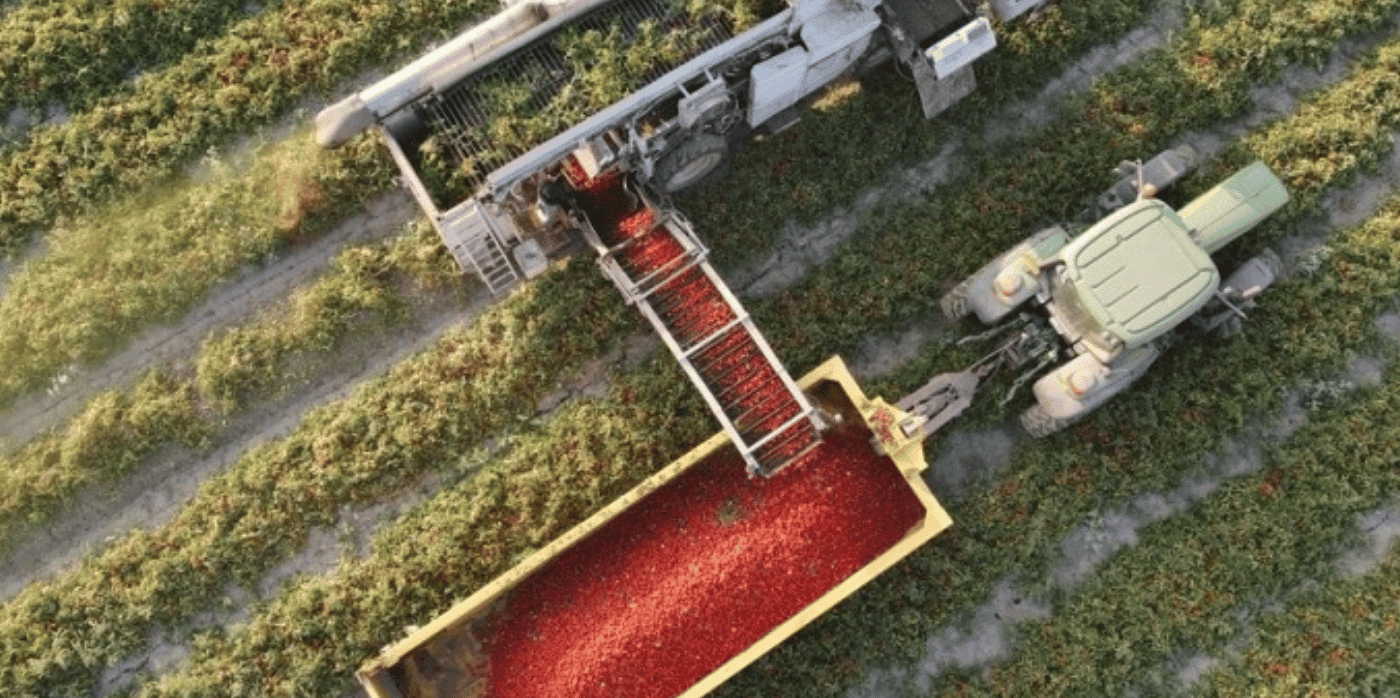
Spotted: The UN Convention to Combat Desertification’s latest report calls global drought resilience “a necessity.” Given that in the three years between 2016 and 2018, 70 per cent of cereal crops in the Mediterranean were damaged, and droughts continue to grow in severity and length, the outlook is challenging for the world’s agriculture systems.
Rising sea levels are affecting the quality of the water that is available to farmers, which, when combined with the stress of high heat, severely impacts crop yields. Heat and salty soil are two of the main stressors for a variety of plants, many of which are crucial parts of the global diet. Seeking ways to increase growing resilience without using toxins and chemical treatments, agritech startup SaliCrop has created a method that uses a seed’s natural response to stressors to make it possible to grow crops in arid, salty soil.
The company uses a combination of organic and physiological compounds to mimic environmental stressors. That then boosts a seed’s natural biochemical reactions and strengthens the plant’s ability to survive in more arid conditions. The treatments also increase the size of the fruits and vegetables grown and improve the plants’ resilience to pests.
SaliCrop is working with commercial growers of alfalfa, onion, and tomatoes, and their crop yields have increased between 16 and 40 per cent. In Europe, Africa, and India, the company is completing field trials with crops that include rice, wheat, corn, peppers, and broccoli and is seeing yields increase by between 7 and 15 per cent. Those results are particularly important in light of various climate projections that predict decreases in wheat yields of up to six per cent due to increased severity of weather events and overall conditions.
Improving the health of degraded soil is an essential aspect of reducing the carbon emissions from agriculture. Innovations in Springwise’s library helping make that change include using sound to enhance soil microbe growth and using microalgae to make desert soil arable.
Written By: Keely Khoury

